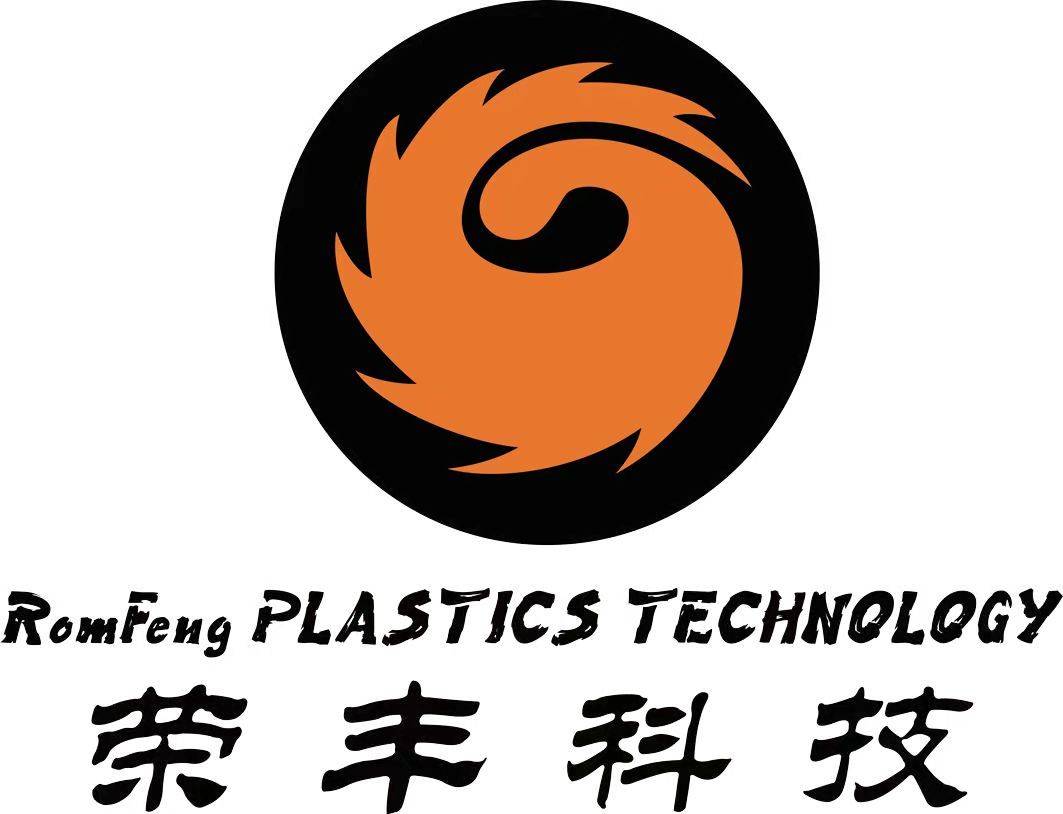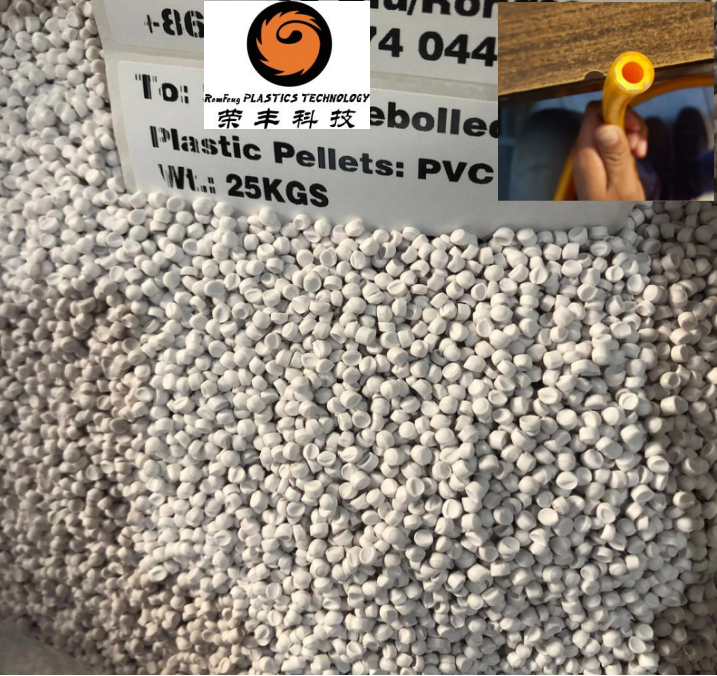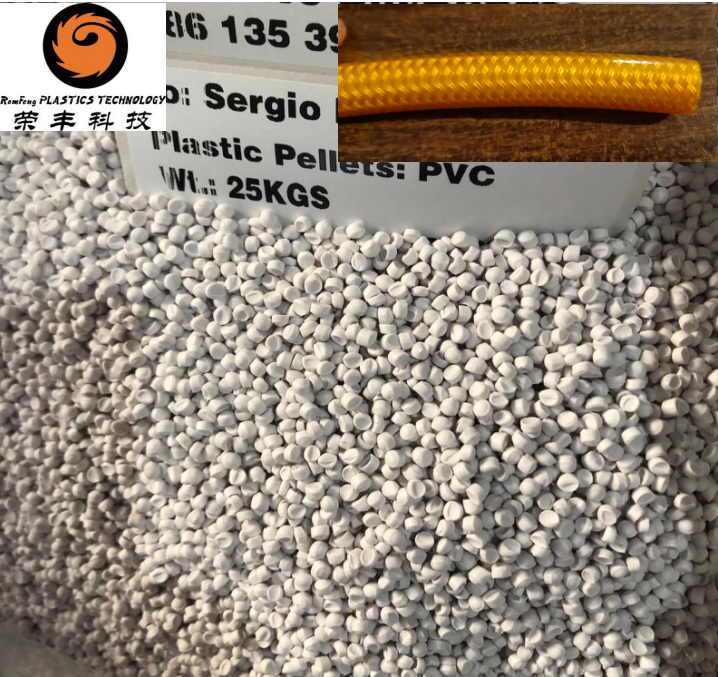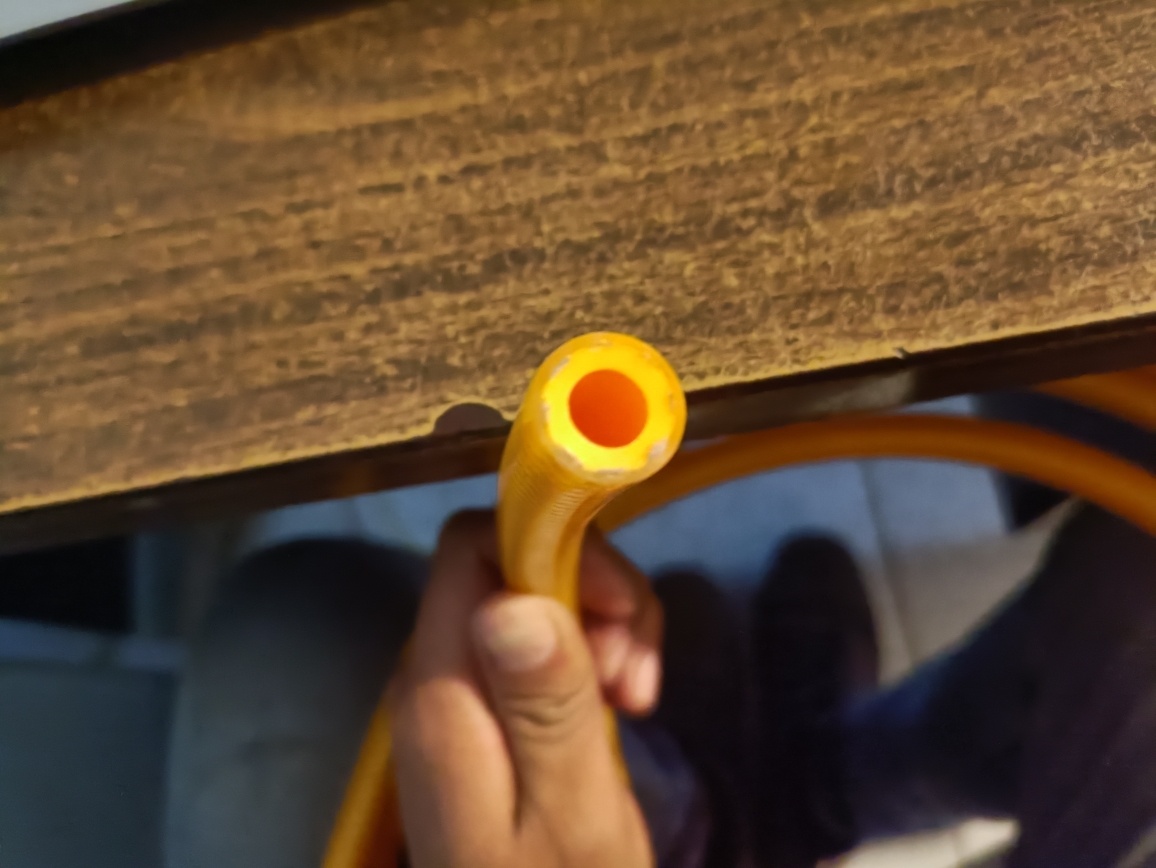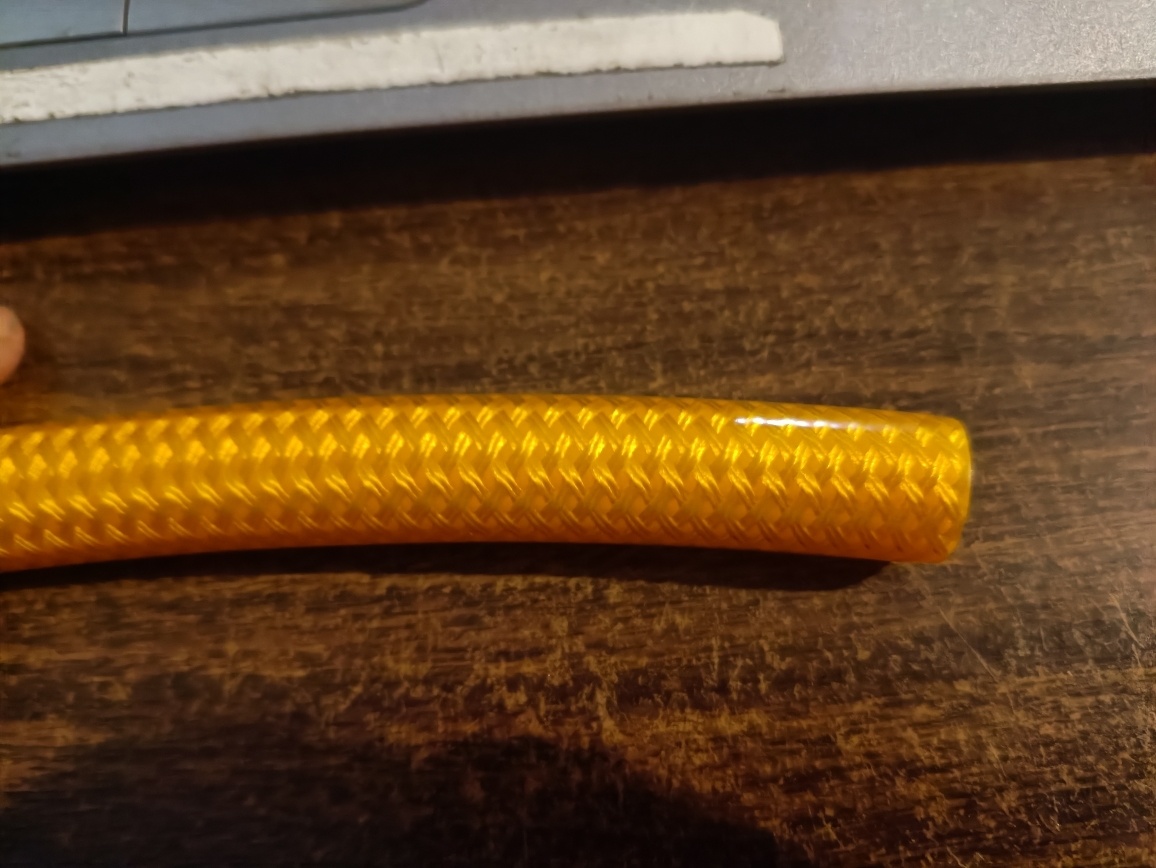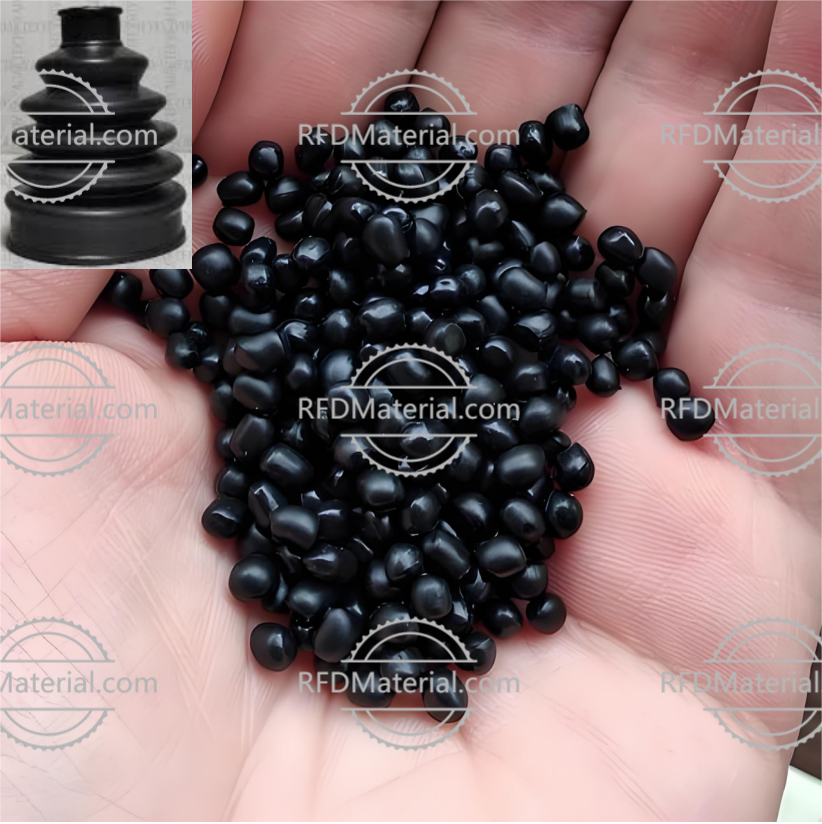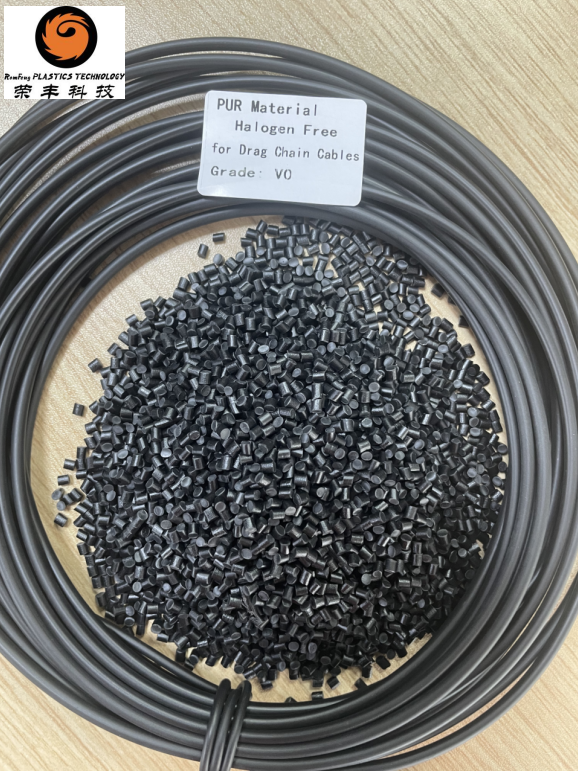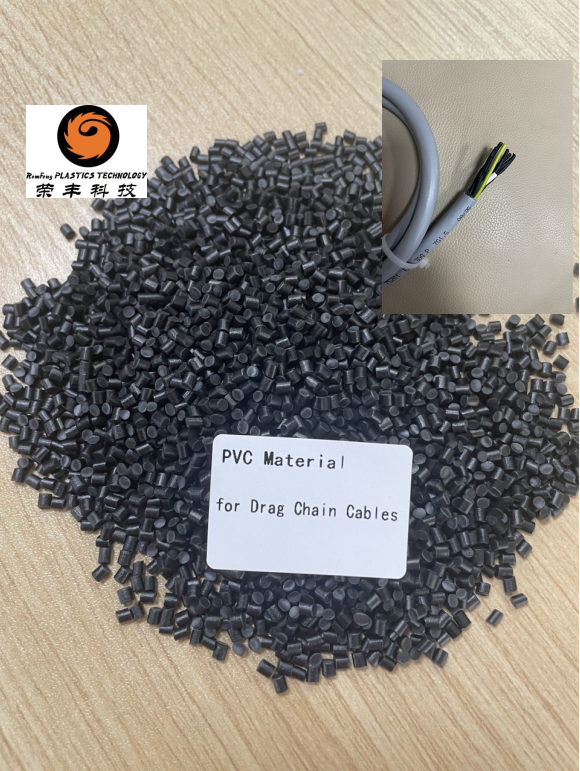PRODUCTS
PVC Materials for Agricultural Hoses
PVC for Agricultural Hoses (100 words) Polyvinyl Chloride (PVC) is a predominant material for flexible, lightweight agricultural hoses. Key advantages include: Durability: Offers excellent resistance to abrasion, weathering, ozone, and many common agricultural chemicals (fertilizers, pesticides). Flexibility: Provides good maneuverability for irrigation, spraying, and water transfer around farms, even in cooler temperatures. Cost-Effectiveness: Generally more affordable than rubber alternatives while delivering reliable performance. Smooth Bore: Minimizes friction loss for efficient water flow. Lightweight: Easier to handle, deploy, and store than heavier hoses. Reinforcement (like polyester yarn or fiber mesh) is embedded within the PVC walls to handle operating pressures typical for farm use. It effectively replaces heavier rubber hoses for many mid-pressure applications.
Categorize:
Modified Materials For Wires And Cables
Keyword:
**PVC Materials for Agricultural Hoses**
Agriculture is a cornerstone of the global economy, and the efficiency of agricultural practices is paramount to sustaining food production. Among the many tools and technologies that farmers utilize, hoses play a critical role in irrigation, water transport, and chemical application. One of the most widely used materials for agricultural hoses is polyvinyl chloride (PVC). This article explores the properties, advantages, and applications of PVC materials in agricultural hoses.
**Understanding PVC and Its Properties**
Polyvinyl chloride, commonly known as PVC, is a synthetic plastic polymer that has gained popularity in various industries, including agriculture. PVC is produced through the polymerization of vinyl chloride monomer, resulting in a versatile material that can be rigid or flexible depending on its formulation.
The properties of PVC make it particularly suitable for agricultural hoses. It is lightweight, durable, and resistant to many chemicals and environmental factors. PVC hoses can withstand extreme temperatures, making them suitable for a variety of climates. Additionally, PVC has excellent abrasion resistance, which is crucial for hoses that are frequently dragged across rough surfaces.
**Advantages of PVC in Agricultural Hoses**
The use of PVC in agricultural hoses offers several advantages that make it an ideal choice for farmers.
1. **Cost-Effectiveness**: PVC is relatively inexpensive compared to other materials, making it a cost-effective option for agricultural operations. This affordability allows farmers to invest in more hoses without significantly impacting their budgets.
2. **Flexibility and Maneuverability**: PVC hoses are highly flexible, allowing them to be easily maneuvered around crops and obstacles. This flexibility is essential for farmers who need to navigate their fields while watering or applying chemicals.
3. **Resistance to Chemicals**: Agricultural operations often involve the use of various fertilizers, pesticides, and herbicides. PVC hoses are resistant to many of these chemicals, ensuring that they do not degrade or become compromised over time.
4. **UV Resistance**: Exposure to sunlight can lead to the deterioration of many materials. However, PVC hoses can be formulated to include UV stabilizers, which enhance their resistance to sun damage and extend their lifespan.
5. **Low Maintenance**: PVC hoses require minimal maintenance compared to other materials. They are easy to clean and do not require special treatments to prevent corrosion or degradation.
**Applications of PVC Hoses in Agriculture**
PVC hoses are used in various applications within the agricultural sector.
1. **Irrigation Systems**: One of the primary uses of PVC hoses is in irrigation systems. They are commonly used for drip irrigation, sprinkler systems, and surface irrigation. Their flexibility and resistance to kinking make them ideal for transporting water to crops efficiently.
2. **Fertilizer and Chemical Application**: PVC hoses are also employed in the application of fertilizers and pesticides. Their chemical resistance ensures that the integrity of the hose is maintained, preventing leaks and contamination.
3. **Water Transfer**: In addition to irrigation, PVC hoses are used for transferring water from one location to another, whether from a well, a pond, or a water tank. Their lightweight nature allows for easy handling and transport.
4. **Aquaculture**: PVC hoses are used in aquaculture for aeration and water circulation in fish farms. Their durability and resistance to biofouling make them suitable for aquatic environments.
5. **Hydroponics**: In hydroponic systems, where plants are grown without soil, PVC hoses are essential for delivering nutrient solutions to the plants. Their ability to maintain the integrity of the nutrient solution is critical for plant health.
**Environmental Considerations and Sustainability**
While PVC offers numerous advantages, it is essential to consider its environmental impact. The production and disposal of PVC can contribute to pollution and waste. However, advancements in recycling technologies have made it possible to recycle PVC materials, reducing their environmental footprint.
Farmers are encouraged to seek out manufacturers that prioritize sustainability in their production processes. Many companies are now producing eco-friendly PVC hoses that are designed for recyclability, helping to mitigate the environmental impact associated with traditional PVC products.
**Conclusion**
PVC materials have become a staple in the agricultural industry, providing farmers with reliable, cost-effective, and durable solutions for their hose needs. The versatility of PVC allows it to be used in various applications, from irrigation to chemical application. While there are environmental concerns associated with PVC, ongoing advancements in recycling and sustainable practices are helping to address these issues.
As agriculture continues to evolve, the demand for efficient and effective materials will only increase. PVC hoses, with their unique properties and advantages, are well-positioned to meet the needs of modern farming practices, ensuring that agriculture remains productive and sustainable for future generations.
Certification
We rely on science and technology to create great achievements, and we see real achievements in the details. Every step of the way, my team and friends and I feel solid.
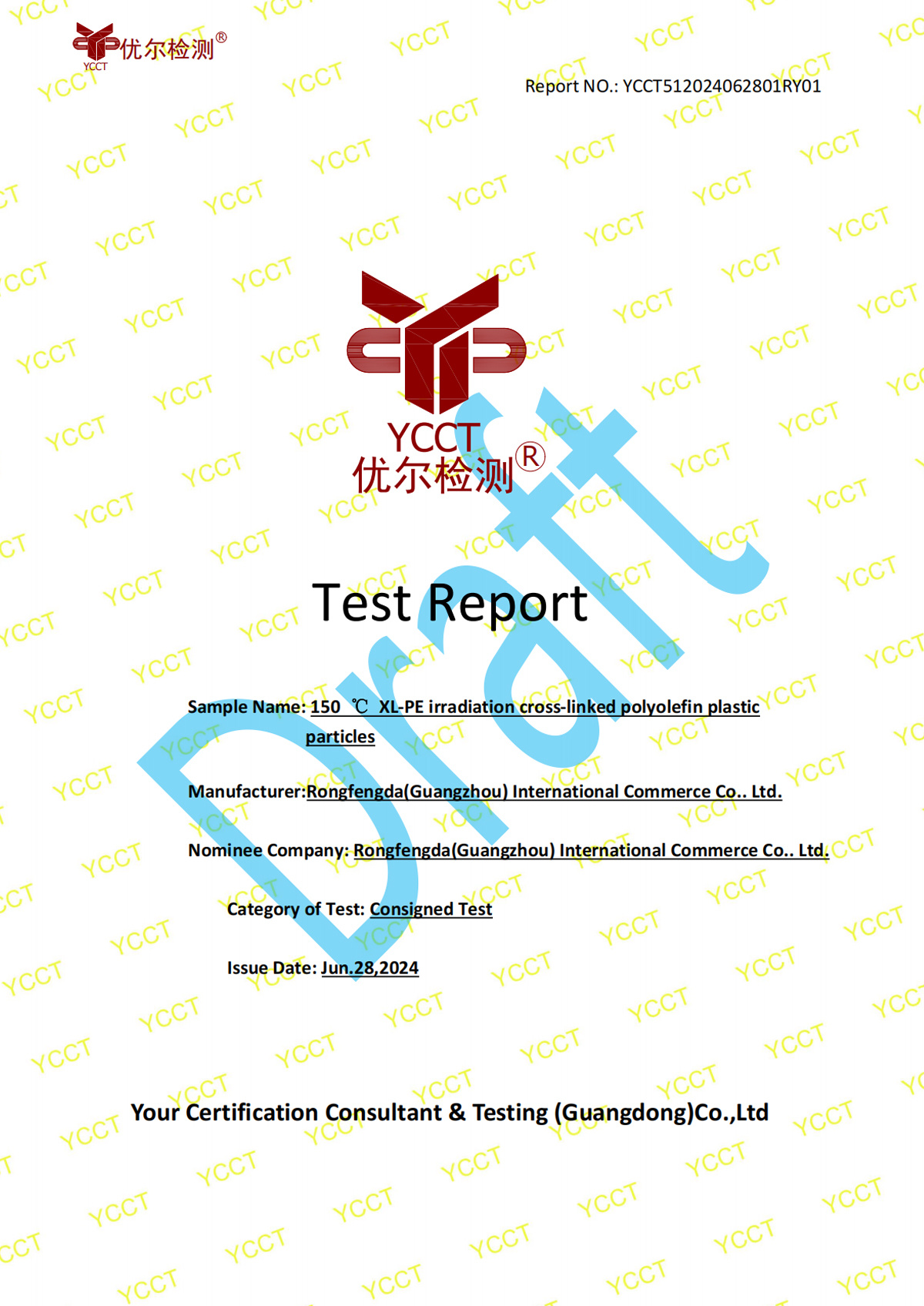

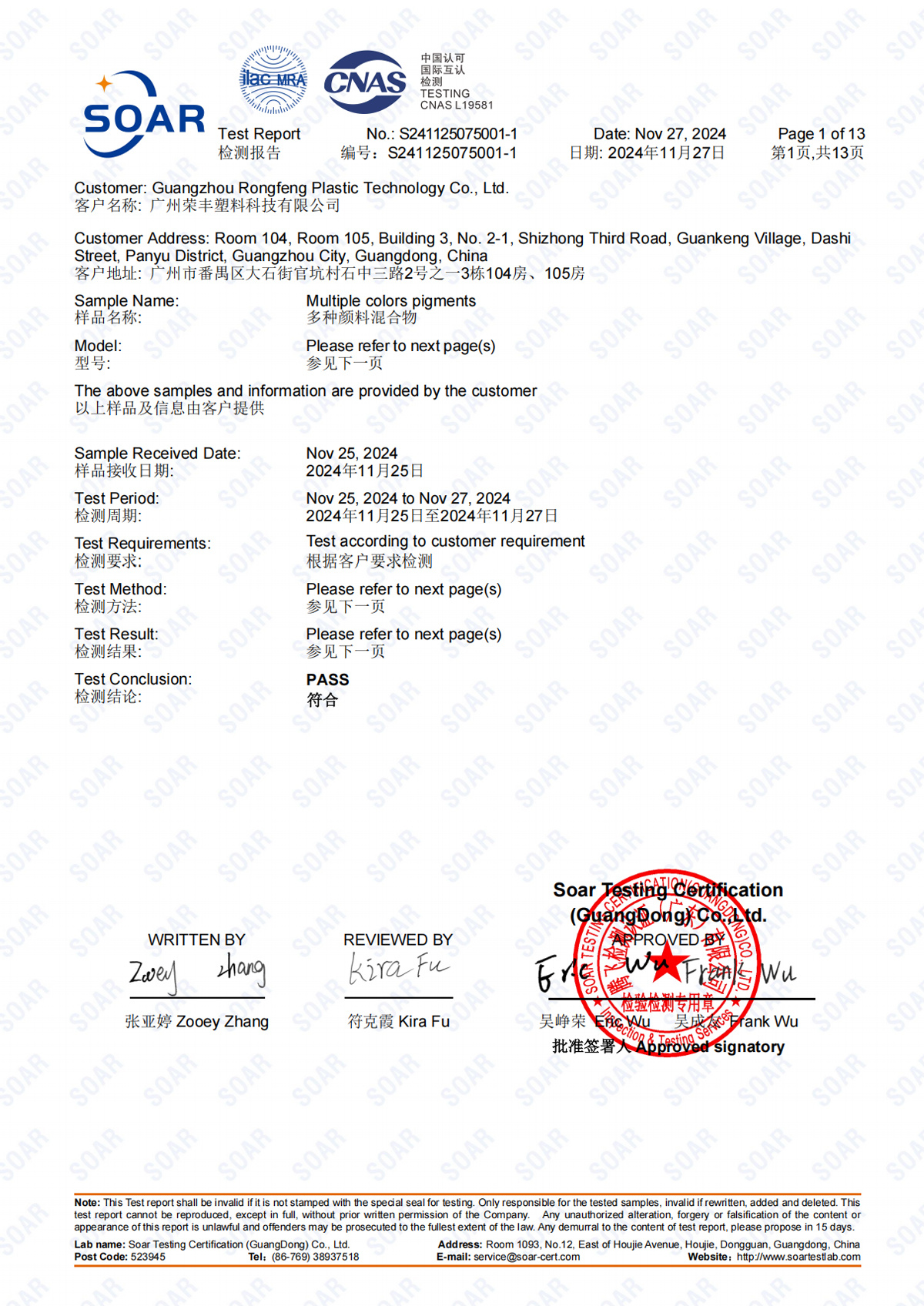
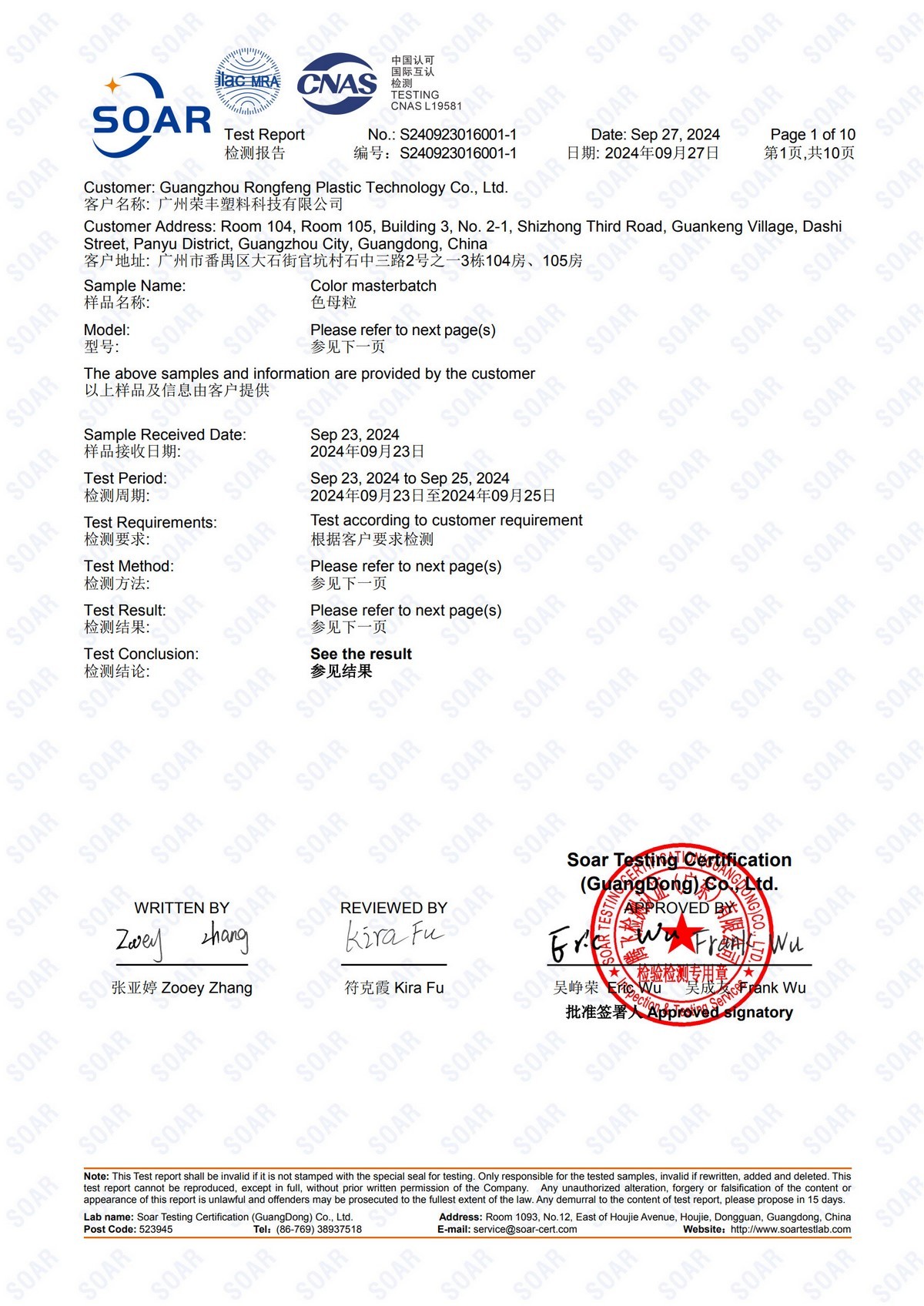
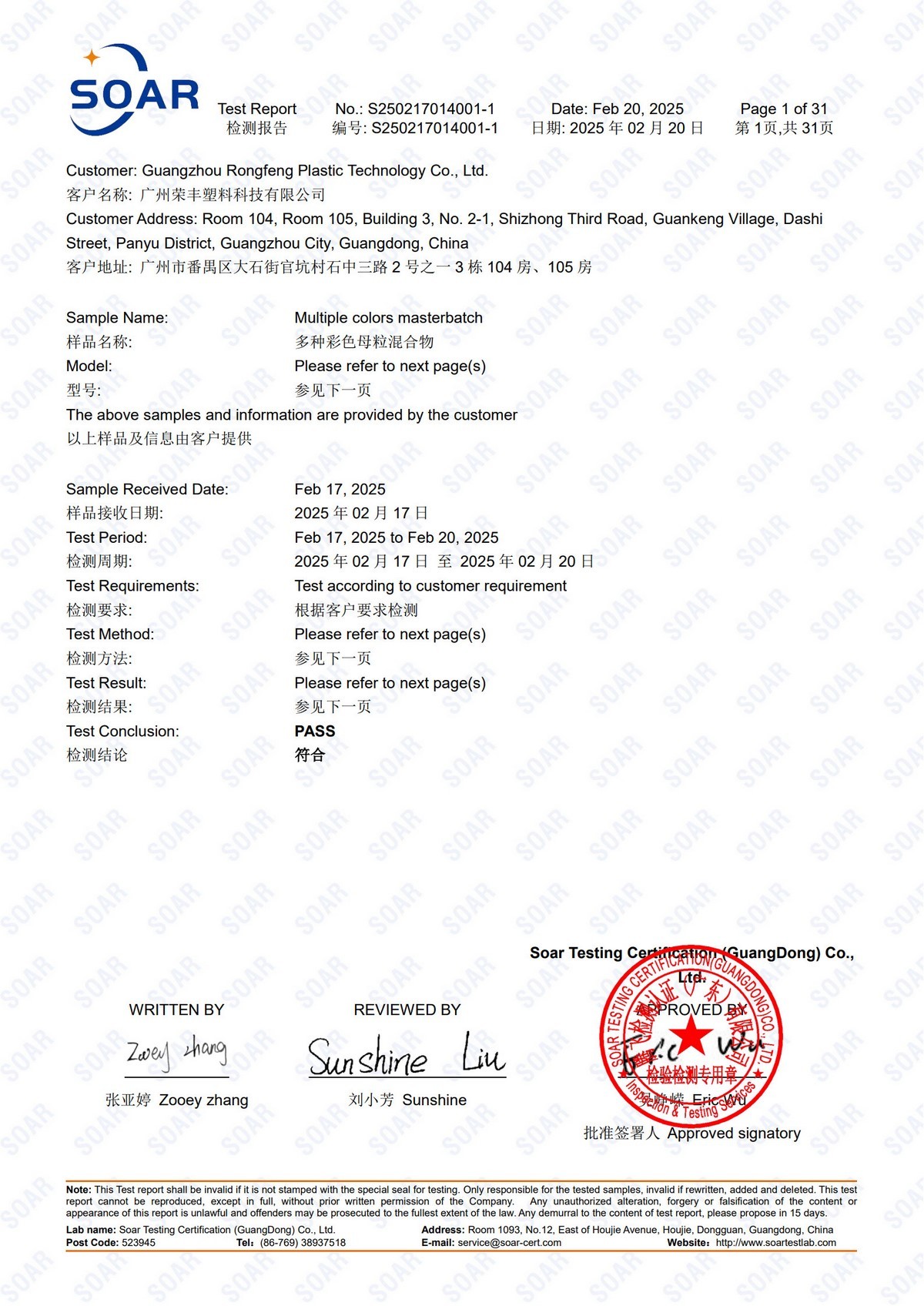
Get in Touch
You can contact us any way that is convenient for you. We are available 24/7 via fax or email. You can also use a quick contact form below or visit our salon personally. We would be happy to answer your questions.
